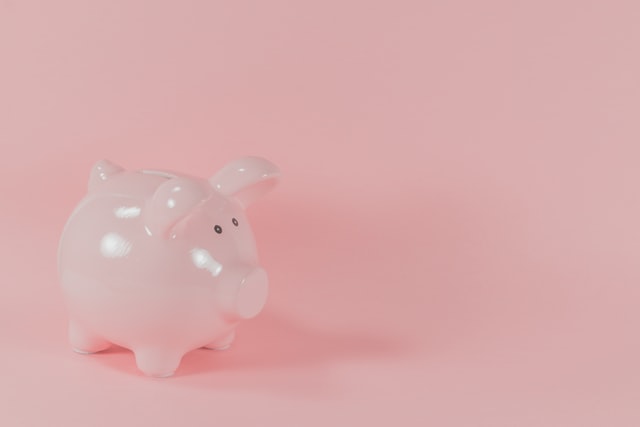How To Save More Money Every Month

Photo by Pawel Czerwinski on Unsplash
If you are stressed about your finances, saving money can seem like a daunting, and at times impossible, task. To build your savings, you don’t need to make several major or lifestyle altering cuts to your budget at once; making a few smaller sacrifices and minor changes to your spending habits each month can make a huge difference and help you to accumulate more money into your savings account over time.
Here are a few tips to help you get started if you’re looking to adjust your budget and begin saving more money each month.
Manage Subscriptions
If you are paying for entertainment subscriptions like Netflix or Spotify, you might feel comfortable paying a small monthly fee to utilize these services. Over time, however, these fees add up, especially if you pay for multiple of the same type of services. For example, if you pay for a membership to 5 different streaming platforms at $10 each, that is $50 a month, and $600 a year. Cutting the cost of subscriptions you don’t use as often could help put a few hundred dollars in your pocket each year.
Get Thrifty
Shopping secondhand for items like clothing and furniture can be a huge help in saving money over time. Look for thrift stores in your area as well as on virtual resale markets like Poshmark and Facebook Marketplace, and you can find everything you need while spending a fraction of the cost that you would spend on new items.
Eat at Home
Eating out at restaurants or ordering food for delivery is one of the most common ways that people spend unnecessary money. Companies like Research America use consumer insights to track consumer data for food and beverage markets. Grocery shopping twice a month and preparing the majority of your meals at home can save you hundreds of dollars each month. Save eating out for weekends or special occasions, and you will watch your bank account grow (and learn some new kitchen skills while you’re at it).
Use a Budget Journal
Creating a firm budget for yourself based on your income and expenses at the start of each month can be beneficial to ensure you are planning to put an appropriate amount in savings, and tools like a budgeting journal can help you to stay on track throughout the month. Recording all the money that you make and spend on paper can help you track your spending habits to determine where you can cut costs and what you can expect to be spending vs. saving on a monthly basis.





